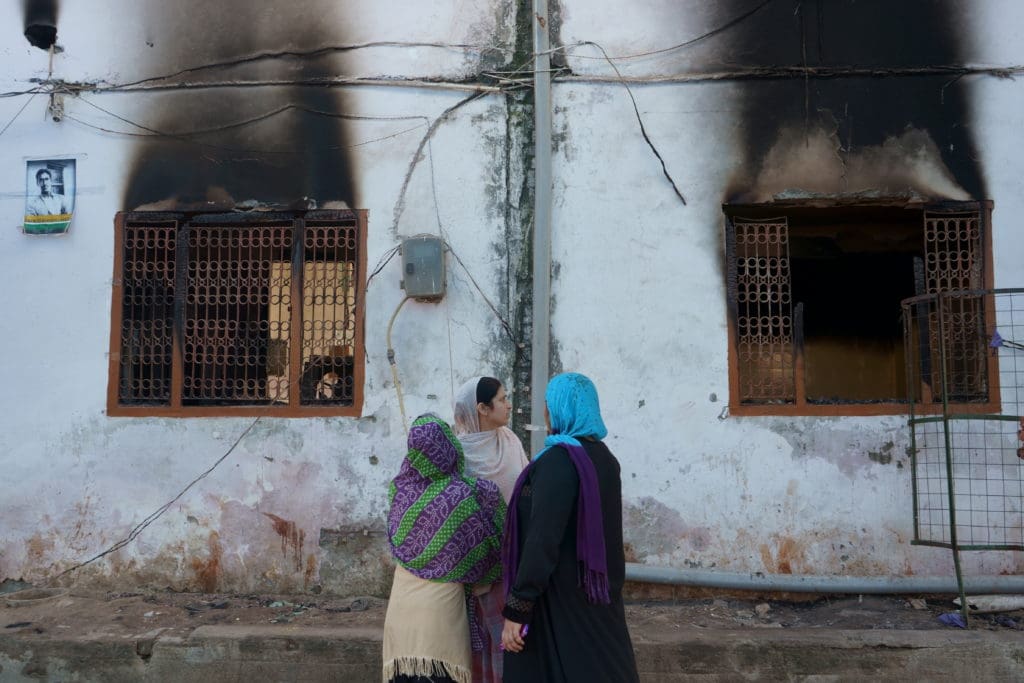
By Team
A LARGE number of critical appraisals and commentaries have been written on the occasion of the retirement of Chief Justice of India (CJI), D Y Chandrachud. This is but natural as Justice Chandrachud is considered to be one of the most consequential chief justices of the Supreme Court in recent years. Moreover, he had a two-year tenure, which is longer than any other chief justice in the past two decades.
The entire body of his work as chief justice must be taken into consideration to correctly assess his role as the head of the judiciary that is ordained to safeguard the Constitution and the rights of citizens. While doing so, the background in which Chief Justice Chandrachud exercised his judicial and administrative responsibilities should be kept in mind. The Modi government, in its second term in office, was pushing ahead with its aggressive efforts to fulfill the Hindutva agenda, which was subversive of the Constitution and the fundamental rights of citizens. It is in this context that Chief Justice Chandrachud’s judgments on Constitutional issues and the majoritarian onslaught should be viewed.
Here two judgments – one as a judge of the court and the other as chief justice – provide the acid test. Justice Chandrachud was on the five-member bench, which gave the verdict on the Ayodhya dispute. The judgment which he authored handed over the entire disputed area where the Babri Masjid stood to the Hindus for the construction of the Ram temple. This judgment was based more on religious sentiments and faith rather than the evidence and facts on the ground. Further, it gave such a verdict despite acknowledging that the demolition of the Babri Masjid was an unconstitutional and egregious act.
It is this judicial verdict that legitimised the claim of the RSS-Vishwa Hindu Parishad and fulfilled one of the core agenda of the BJP. That this was not a one-time aberration become evident when as CJI, Justice Chandrachud opened the way for reopening of the Gyanvapi mosque case in Varanasi. Disregarding the protection of Religious Places of Worship Act, 1991, which prohibits reopening of such cases, on the dubious ground that Hindus were not seeking to change the character of Gyanvapi mosque only to determine its religious character, CJI Chandrachud permitted the suits to go on. This has handed the Hindutva forces the licence to rake up the disputes in Varanasi and Mathura.
This story was originally published in peoplesdemocracy.in. Read the full story here.





